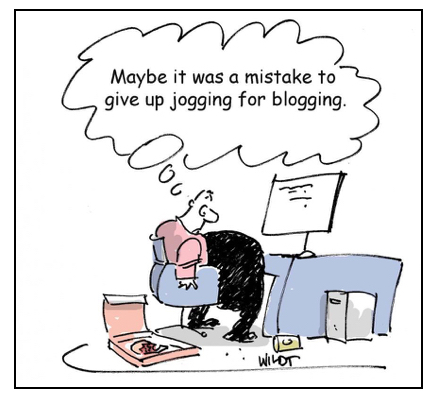 Capture good thoughts, even if you’re not sure how they might help in the future. —Andrew Hargadon
Capture good thoughts, even if you’re not sure how they might help in the future. —Andrew Hargadon
“The novelist Paul Auster tells a story about growing up as an eight-year-old in New York City and being obsessed with baseball, particularly the New York Giants. The only thing he remembers about attending his first major league baseball game at the Polo Grounds with his parents and friends is that he saw his idol, Willie Mays, outside the players’ locker room after the game. The young Auster screwed up his courage and approached the great centerfielder. ‘Mr. Mays,’ he said, ‘could I please have your autograph?’
“‘Sure, kid, sure,’ the obliging Mays replied. ‘You got a pencil?’
“Auster didn’t have a pencil on him, neither did his father or his mother or anyone else in his group.
“Mays waited patiently, but when it became obvious that no one present had anything to write with, he shrugged and said, ‘Sorry, kid. Ain’t got no pencil, can’t give no autograph.’
“From that day on, Auster made it a habit to never leave the house without a pencil in his pocket.” [From The Creative Habit by Twyla Tharp, pg. 29]
Recently I wrote a blog post titled Embrace Significant Thoughts on how significant thoughts can positively affect your life. A meaningful thought can change the trajectory of your life, so always be looking for them. You might find one while reading the newspaper or talking to a friend or listening to the radio or (and these are the best kind) you might have an original thought that is worthy of archiving.
When you come across a significant thought, you must write it down because short-term memory is unreliable. The puniest pen is stronger than the mightiest memory.
So always carry a pencil and paper. You never know when you’re going to encounter a significant thought, and if you don’t write it down, you’ll lose it. Don’t miss out on a notable statement just because you “ain’t got no pencil.”
Obviously, the emphasis of this post is on recognizing, valuing, and recording important thoughts, not on writing utensils, but sometimes the smallest things trip us up, like not having a pencil when we need one.
For instance, several days ago I read this sentence by Thomas Huxley—”Try to learn something about everything and everything about something.” It caught my attention, so I wrote it down, thought about it, talked to some friends about it, and now it’s part of my life. But this bit of wisdom would have been lost to me if I had not written it down.
[reminder]What are your thoughts about this essay?[/reminder]
Summary
What? – Significant thoughts can change your life but if you don’t write them down, you’ll forget them. You never know when they will appear, so always be prepared to record them.
So what? – Always be looking for interesting thoughts. Personalize a system for recording them that works for you.
Now what? – Find and record several meaningful thoughts in the next few days.

 In 2015 I was exposed to a lot of new ideas, concepts, and principles, primarily from the 52 books I read. Here are five concepts/principles that significantly affected me. [Click here for a post I wrote on
In 2015 I was exposed to a lot of new ideas, concepts, and principles, primarily from the 52 books I read. Here are five concepts/principles that significantly affected me. [Click here for a post I wrote on 
 Thank you for subscribing to my blog site. I hope my posts have been beneficial. I posted my first essay on December 10, 2014 and have posted once a week for the past 52 weeks. I started with 10 subscribers, I now have 3,500+
Thank you for subscribing to my blog site. I hope my posts have been beneficial. I posted my first essay on December 10, 2014 and have posted once a week for the past 52 weeks. I started with 10 subscribers, I now have 3,500+